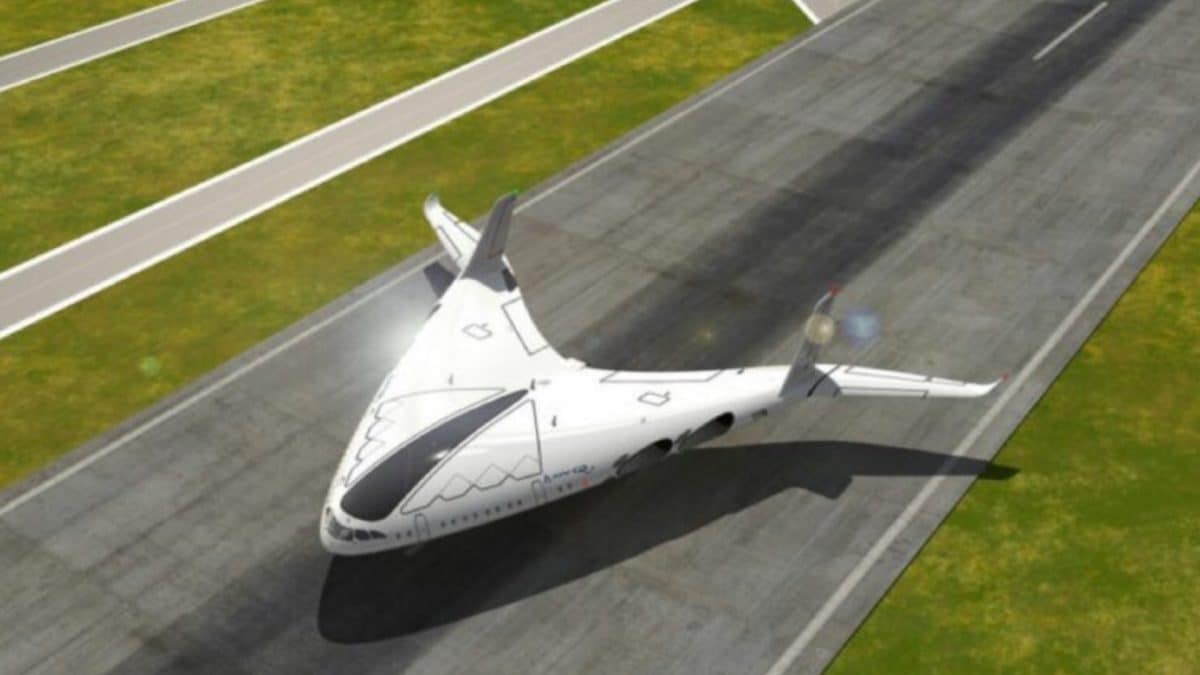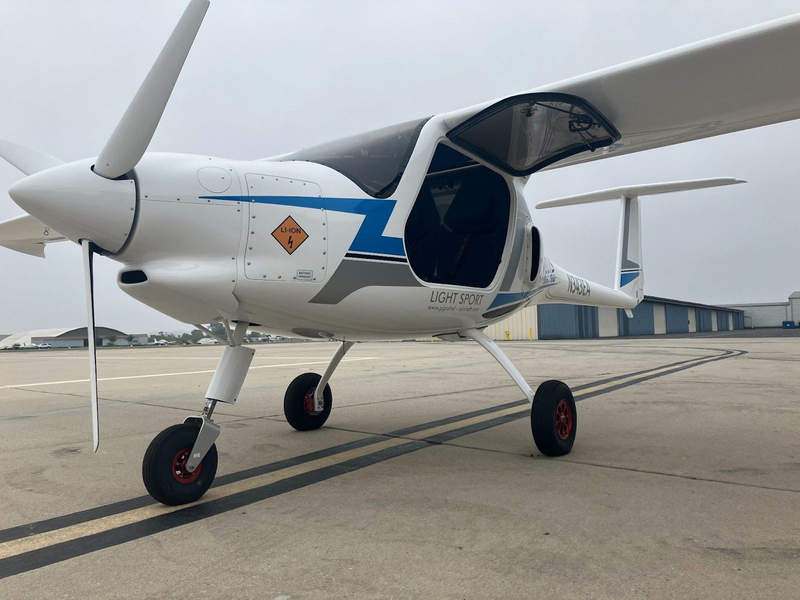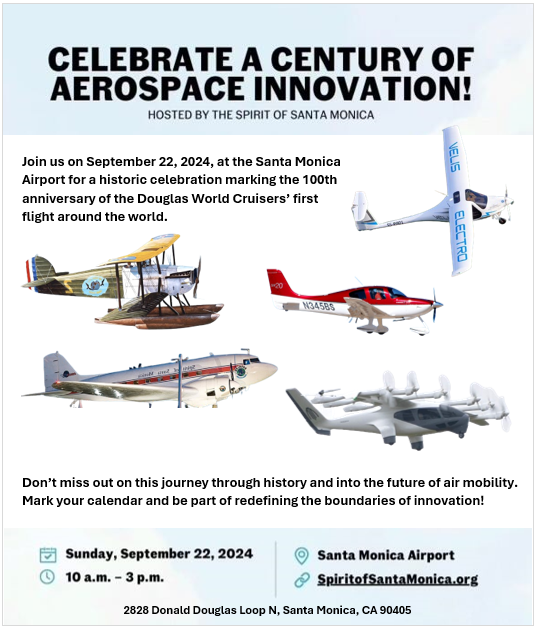
Safran and its partner Turbotech have reported progress in their efforts to develop hydrogen-powered turboprop engines for the general aviation market. Last month, the French companies ground-tested a hydrogen-fueled gas turbine as part of the BeautHyFuel project to produce a hydrogen power train for a light aircraft.
According to French aircraft engines and systems manufacturer Safran, the tests were successfully conducted at the Vernon facility of space group Ariane, which has used hydrogen propulsion for rockets. The work, which has received French government financial backing, also included Elixir Aircraft, Air Liquide, and Daher.
According to Turbotech CEO Damien Fauvet, the first test used one of the company’s TP-R90 regenerative turboprop engines. “As we move to liquid hydrogen fuel, the aim is to offer a high energy-density propulsion system with real commercial applications,” he said. “Our solution will be readily retrofittable on light airplanes and could have potential in other market segments.”
By CHARLES ALCOCK • Managing Editor
February 5, 2024
Safran and its partner Turbotech have reported progress in their efforts to develop hydrogen-powered turboprop engines for the general aviation market. Last month, the French companies ground-tested a hydrogen-fueled gas turbine as part of the BeautHyFuel project to produce a hydrogen power train for a light aircraft.
According to French aircraft engines and systems manufacturer Safran, the tests were successfully conducted at the Vernon facility of space group Ariane, which has used hydrogen propulsion for rockets. The work, which has received French government financial backing, also included Elixir Aircraft, Air Liquide, and Daher.
According to Turbotech CEO Damien Fauvet, the first test used one of the company’s TP-R90 regenerative turboprop engines. “As we move to liquid hydrogen fuel, the aim is to offer a high energy-density propulsion system with real commercial applications,” he said. “Our solution will be readily retrofittable on light airplanes and could have potential in other market segments.”
Safran’s involvement in the BeautHyFuel project is part of its wider work with CFM International—its engines joint venture with GE Aviation—to support Airbus’ ZeroE project to produce a hydrogen-powered airliner by 2035. “The first stage of the project has already gone beyond our expectations,” said Pierre-Alain Lambert, Safran’s v-p of hydrogen programs. “Our objective was to validate the behavior of the engine and fuel control system at all phases, from engine start to full throttle, as well as the strategies in the event of a failure.”
Light aircraft makers Daher and Elixir are providing guidance on topics such as systems integration, aircraft development, certification, manufacturing, and maintenance. Fuel specialist Air Liquide is providing expertise in cryogenic hydrogen storage technology. Turbotech produces light turbine engines, while Safran manufactures larger aircraft engines and fuel systems.
The BeautHyFuel partners have not indicated when they may be able to bring a hydrogen-powered light aircraft to market.












